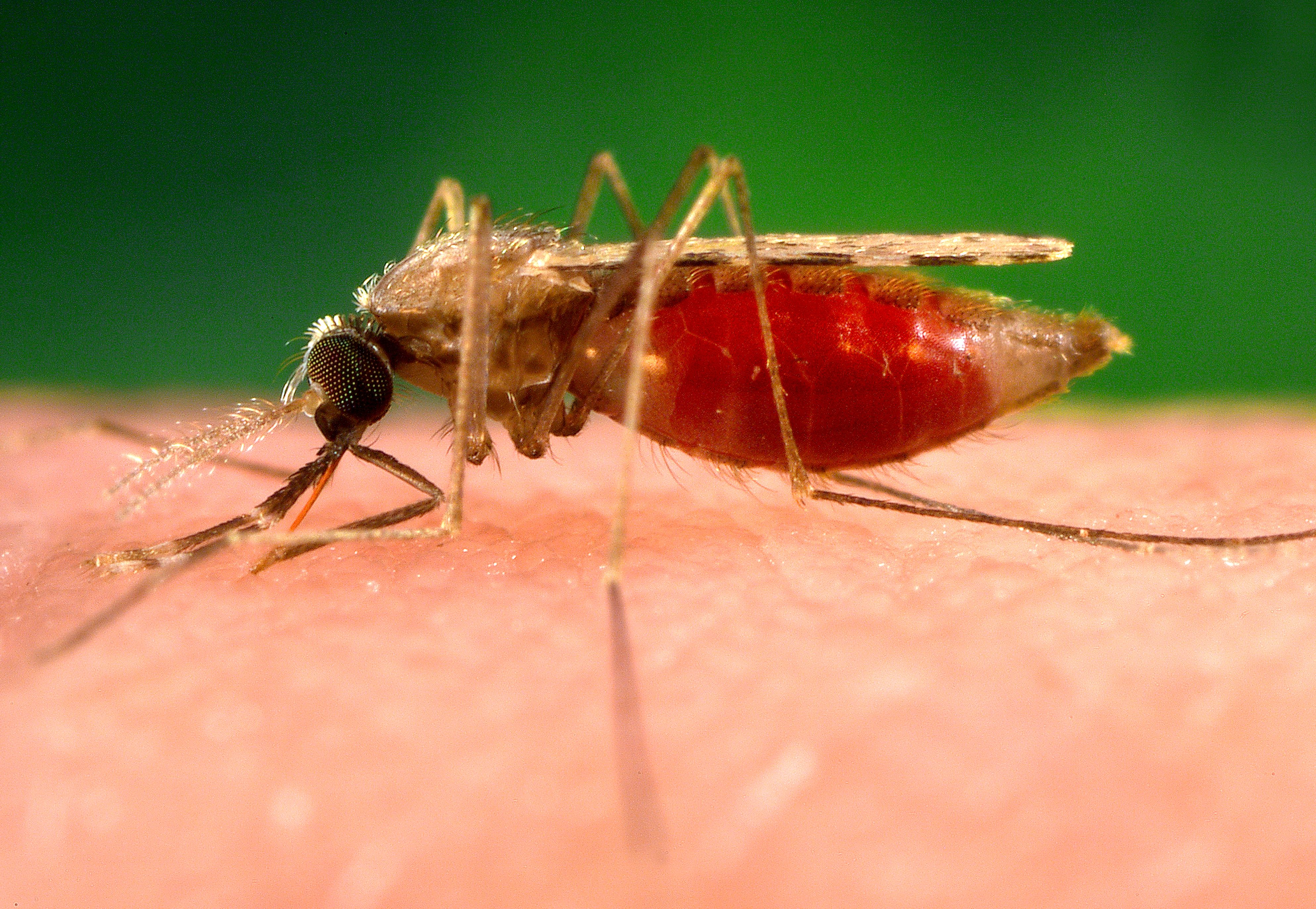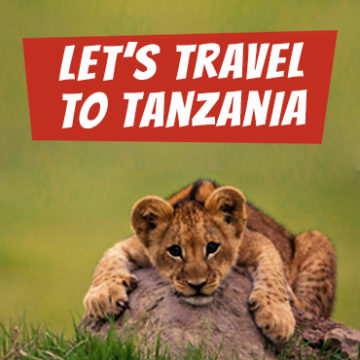Planning a trip to Africa or Asia you have to check the recommended vaccinations / immunization advice for your destination. The risk of contracting malaria during a safari or beach holiday in Tanzania is really low, but let’s go step by step.
What is malaria?
Malaria is a disease caused by a parasite called Plasmodium that infects red blood cells.
How is malaria transmitted malaria?
Malaria is transmitted primarily through bites of Anopheles mosquito similar to our common mosquitoes and active from dusk to dawn. The mosquito bites a sick person and then another person, here is when this second person is infected. The parasites (Plasmodium) lurk in the liver for a few days and then are released into the bloodstream where they destroy red blood cells.
Is malaria a real risk during safari in Tanzania?
There are very low chances to be infected but it is possible. It’s a good practice if you use the mosquito nets and do not to leave windows / doors open after dark, use repellent and dress in long pants and long sleeves to avoid bites. Arusha and Ngorongoro are malaria free, there is higher malaria risk in Dar Es Salaam and the coast where the climate is more hot and humid. Lodge / tented camp staff sprays in your room / tent every day to kill mosquitoes and other insects.
I do prophylaxis for malaria to come to Tanzania?
Check with your doctor about suitable antimalarial tablets: Atovaquone/proguanil OR doxycycline OR mefloquine is usually recommended. Atovaquone/proguanil (Malarone) is a combination pill taken once daily with food starting two days before arrival and continuing through the trip and for seven days after departure. Side-effects, which are typically mild, may include abdominal pain, nausea, vomiting, headache, diarrhea, or dizziness. Serious adverse reactions are rare. Mefloquine is taken once weekly in a dosage of 250 mg, starting one-to-two weeks before arrival and continuing through the trip and for four weeks after departure. Mefloquine may cause mild neuropsychiatric symptoms, including nausea, vomiting, dizziness, insomnia, and nightmares. Rarely, severe reactions occur, including depression, anxiety, psychosis, hallucinations, and seizures. Mefloquine should not be given to anyone with a history of seizures, psychiatric illness, cardiac conduction disorders, or allergy to quinine or quinidine. Doxycycline is effective, but may cause an exaggerated sunburn reaction, which limits its usefulness in the tropics.
What I have reported is only a generic advice and may change accordingly to age, where you leave and many other factors, I suggest you consult your doctor. The decision on the prophylaxis for malaria is a personal choice.
How Tanzania people protect themselves from malaria
It’s very simple:
- Use mosquito nets to prevent mosquito bites
- Spray the house every day or so and kill mosquito
- Wear long sleeves and long trousers when it’s dark
Don’t worry about malaria, Tanzania is unforgettable destination and the best destination for safari in Africa. You can get more information on Savannah Explorers Website.








